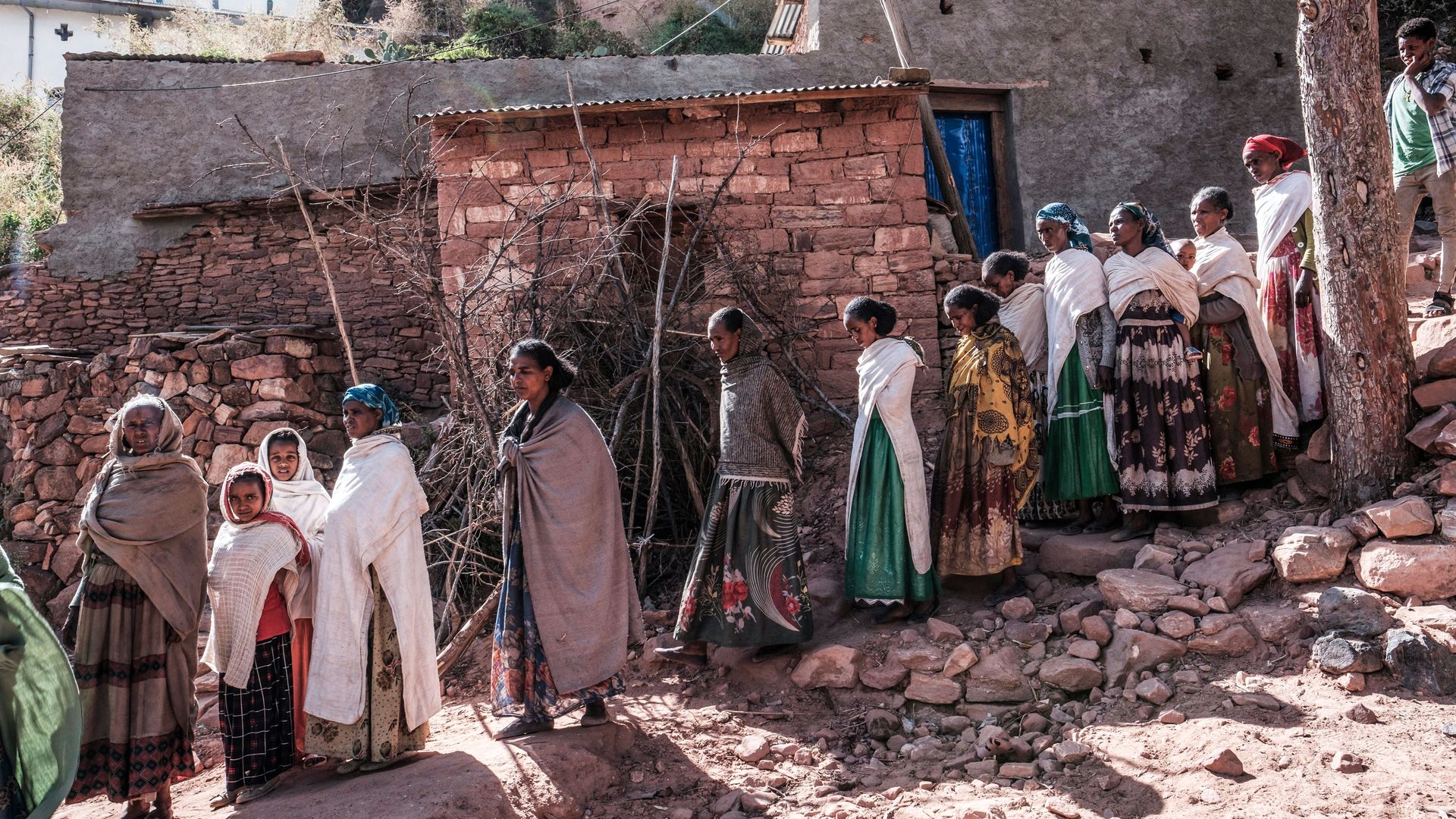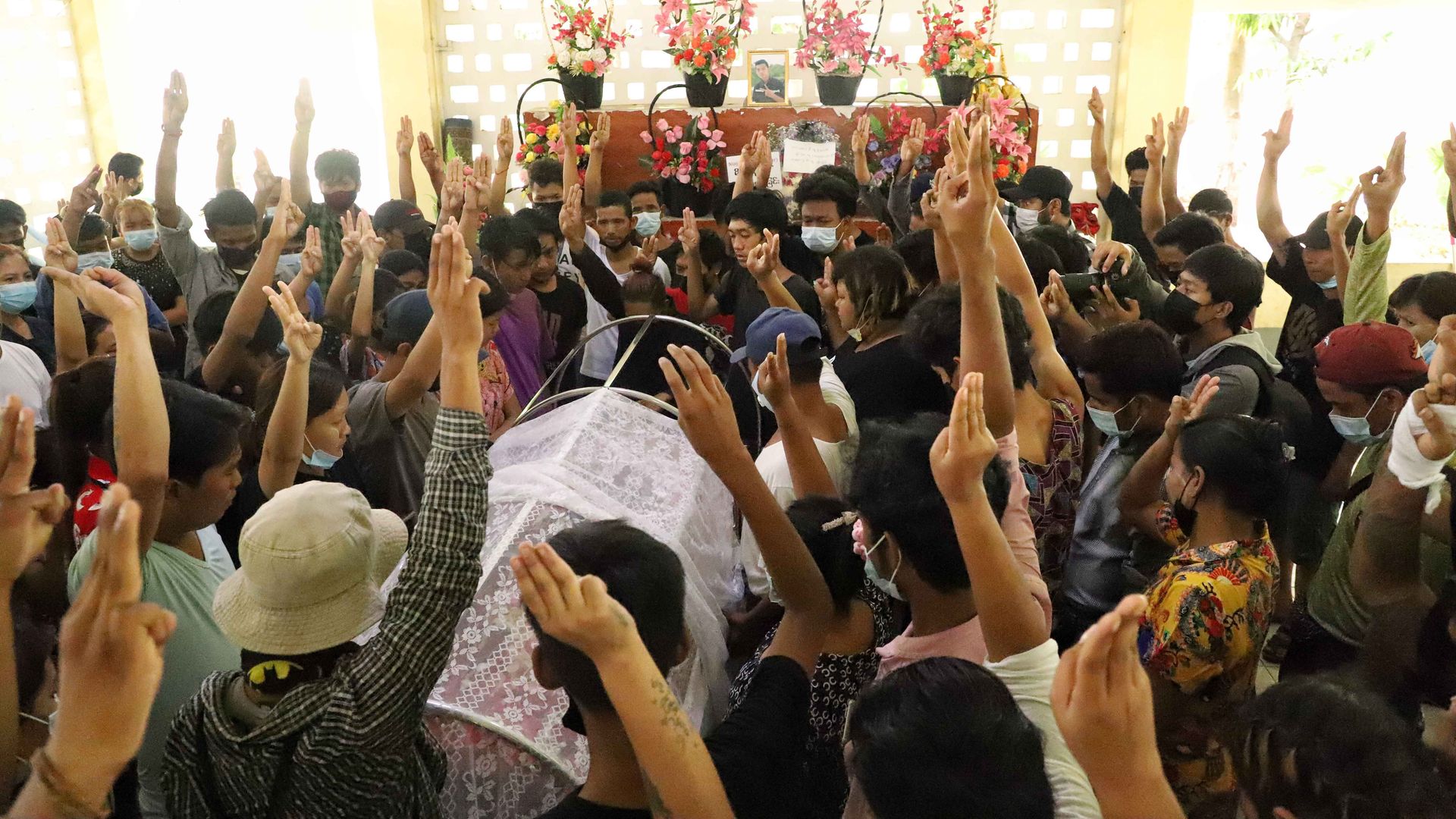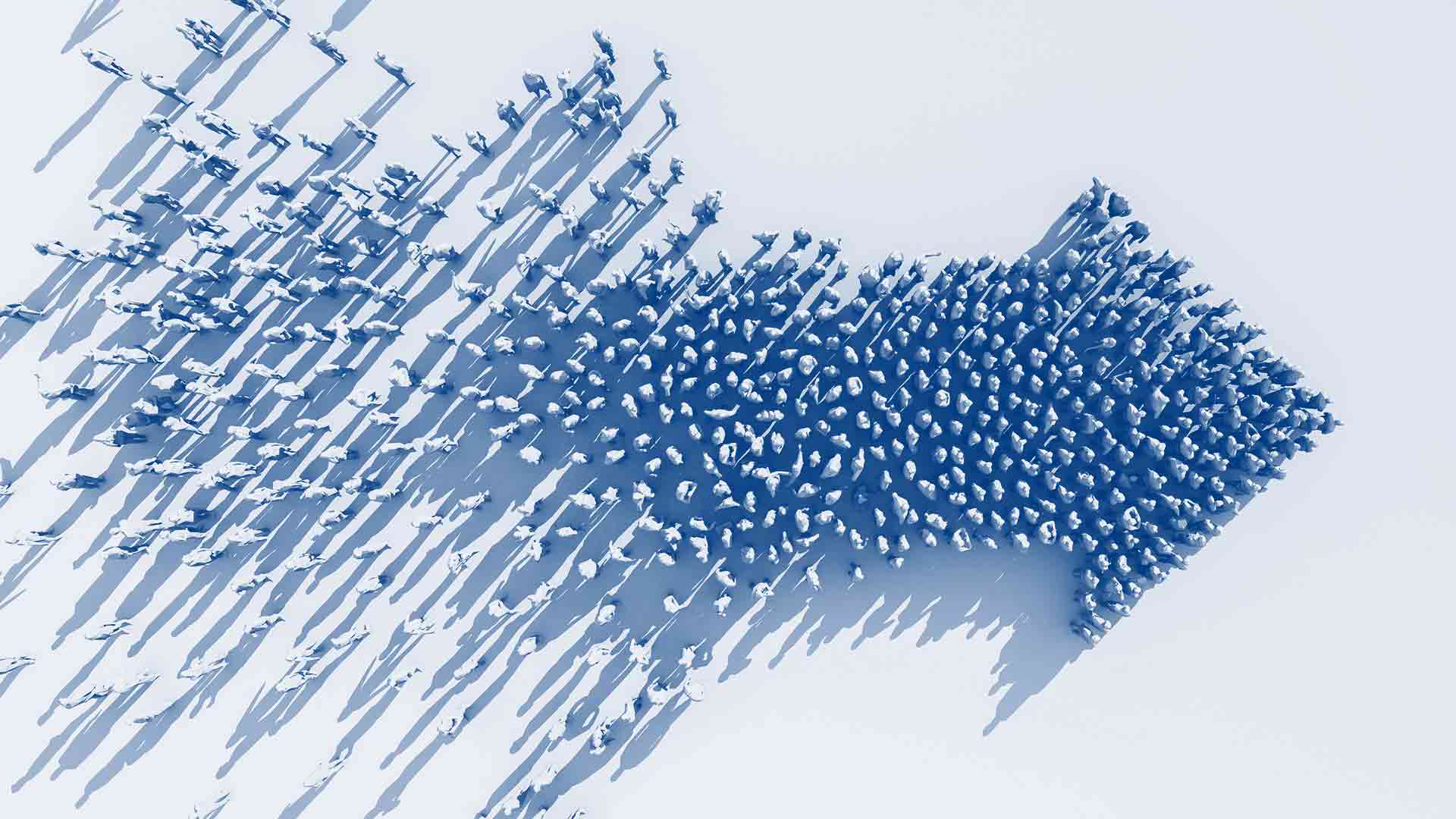| | | | | | | Presented By OurCrowd | | | | Axios World | | By Dave Lawler ·Mar 29, 2021 | | Welcome back to Axios World. - In tonight's edition (1,674 words, 6 minutes), we make friends with Vladimir Putin, check in on the pandemic education gap and wonder where our favorite retailers are getting their cotton.
- Thanks for reading. Tell a friend to sign up.
| | | | | | 1 big thing: A pariah to the West is a friend to Putin |  | | | Illustration: Aïda Amer/Axios | | | | When an authoritarian regime is being buffeted by Western sanctions, it can typically expect a helping hand from a powerful friend: Vladimir Putin. Driving the news: As Myanmar's military was firing on protesters and bystanders on Saturday and the U.S. was preparing its toughest response yet to the Feb. 1 military coup, Russia's deputy defense minister was in Myanmar to show Moscow's steadfast support and desire to deepen its "strategic partnership." The big picture: Almost across the board — from Aleksandr Lukashenko next door in Belarus to Nicolás Maduro in Venezuela and, most dramatically of all, to Bashar al-Assad in Syria — when the West shuns a regime, Putin steps in. - Angela Stent, author of "Putin's World: Russia Against the West and with the Rest," says Putin's message to his fellow authoritarians is, "'We'll support any of you and sell you arms, and we'll never criticize what you're doing domestically.'"
- "It's an equal opportunity policy," Stent adds. And it wins Russia both money and influence.
- It also makes it more difficult for the U.S. to isolate countries or force them to change their behavior, particularly when Russia's stance is aligned with China's.
The state of play: Russia has sold Myanmar arms for years, including vehicles used in the coup, per The Moscow Times. Russia and China are also likely to block any strong action against the junta this week at the UN Security Council. - The U.S. announced today that a trade agreement with Myanmar would be suspended until democracy was restored.
- That came after a reported 114 people were killed by the military on Saturday, the bloodiest day to date. Even the Kremlin expressed concern over the rising death toll.
- But that same day, Deputy Defense Minister Alexander Fomin attended a military parade in Naypyidaw. A day earlier, he received a medal from junta leader Min Aung Hlaing, who called Russia a "true friend."
The bottom line: Having witnessed Putin's critical interventions just when things were at their most precarious in Belarus, Venezuela, Syria and elsewhere, authoritarians around the world will know that Russia is a good friend to have. Worth noting: Russia is increasing its presence in countries and regions where China is very active, such as in sub-Saharan Africa, Stent notes. That makes the two authoritarian powers both collaborators and competitors. |     | | | | | | 2. Interview: Alice Albright on the giant pandemic education gap |  | | | Class in Harare, Zimbabwe, where schools recently reopened following a lockdown. Photo: Tafadzwa Ufumeli/Getty Images | | | | Schools in the U.S. and Europe should be approaching some version of "normal" by this fall, but the outlook is much different in poor countries, says Alice Albright, CEO of the Global Partnership for Education, which has been helping lower-income countries improve remote education or more safely reopen schools. The big picture: Many poor countries face a much longer road to recovery, both in terms of public health and public finances. Education budgets will be stretched, and the line for vaccines could snake back to 2023. - "What we're going to see is a big divide," Albright says. "The industrialized world will get back into place both economically and education-wise. The developing world is going to take a lot longer."
Flashback: At the peak last spring, 1.6 billion kids were out of school. The state of play: Some countries have resumed in-person learning, some still haven't, and others have shifted back and forth throughout the pandemic, Albright says. Millions of kids haven't had much schooling at all for nearly a year. - In countries like Sierra Leone, where internet access is more scarce, educational content has been shared over TV and radio, Albright says.
- In others, some children have been able to join remote classes online, while others who can't have slipped through the cracks.
- Girls have been hit hardest by the school closures. Globally, 20 million to 24 million won't ever return to school, GPE estimates, because they've married, become pregnant or simply won't be able to afford it.
What to watch: With vaccination rates still hovering just above zero in sub-Saharan Africa, the public health debate around opening schools might not change much even for the next year or beyond. - "What you're going to see is divergence: rich countries coming back, poor countries still struggling," Albright says.
|     | | | | | | 3. State of the outbreak: Cases rising everywhere |  Data: Our World in Data; Chart: Axios Visuals Coronavirus cases are continuing to spike in Europe, as well as in India and elsewhere in South Asia. They're also now ticking up in the U.S. - Brazil is recording by far the world's highest daily death tolls, which far exceed anything seen earlier in the pandemic. Hospitals are at or exceeding capacity in nearly every state, AP reports. A new, more contagious "Brazilian variant" poses a grave threat, including to the U.S.
- Nairobi, Kenya, has entered a partial lockdown, with schools and bars closed and domestic travel halted. Recorded cases and deaths in Kenya remain relatively low, but high test positivity rates and surging hospital admissions have alarmed the government.
- German officials are warning that the third wave there could be the most devastating yet.
2. A report from a team of scientists assembled by the World Health Organization and China leaves unresolved the question of where COVID-19 originated, but it calls the possibility that the novel coronavirus leaked from a laboratory "extremely unlikely," according to a copy obtained by Axios. - Why it matters: The long-delayed investigation has been marred by geopolitical tensions, and the report set to be released on Tuesday will likely create more questions than it answers, Axios' Caitlin Owens and Zach Basu write. Go deeper.
3. Mexico revised its coronavirus death toll upward by 60% to an estimated 321,000, per the BBC. - That total would be second only to the U.S., and the highest rate in the world adjusted for population, just ahead of the Czech Republic.
- Yes, but: Mexico is hardly unique in undercounting due to limited testing and the fact that many uncounted people died at home.
4. In better news: J&J says it will supply up to 400 million doses of its coronavirus vaccine to the African Union starting in the third quarter of the year. - The shots will be produced mainly in South Africa, an important development as Africa's supply has been so limited to date.
- The J&J vaccine could be particularly important for developing countries because it's relatively cheap and easy to ship and store, plus it's just a single shot.
Go deeper: CDC director warns of "impending doom" |     | | | | | | A message from OurCrowd | | Proven VC platform helps you add top startups to your portfolio | | |  | | | | The challenge: Startups are staying private longer, keeping investment growth behind closed doors. The solution: OurCrowd is changing that. They have 73K members and have invested $1B+ in companies like Lemonade and Beyond Meat — pre-IPO. Get in early on tomorrow's big deal - with OurCrowd. | | | | | | 4. Data du jour: Wind and solar rise, but not fast enough |  Note: Indonesia, Russia and Saudi Arabia have "near-zero" wind and solar, the report states; Data: Ember Global Electricity Review; Chart: Axios Visuals Wind and solar growth are helping to displace coal-fired generation, but not nearly enough to slash overall emissions from electricity at a time of generally rising global demand, Axios' Ben Geman writes. - On the one hand: Last year, a 15% rise in wind and solar generation combined with lower demand for electricity due to the pandemic led to a record drop in coal-fired output. Wind and solar together supplied 33% of Germany's power last year and 29% in the U.K.
- On the other: Coal generation rose in China last year, and global coal demand is projected to rebound this year.
|     | | | | | | 5. Global news roundup |  | | | Mourning the victims of a massacre in Tigray, allegedly carried out by Eritrean troops. Photo: Eduardo Soteras/AFP via Getty | | | | 1. Australian Prime Minister Scott Morrison announced a Cabinet reshuffle today in response to public outrage over his handling of sexual misconduct accusations at the top levels of government. - Christian Porter was removed as attorney general, in part due to conflict of interest concerns as he launches a defamation lawsuit over media coverage of rape allegations against him, dating to 1988, which he denies. He remains in the Cabinet.
- Linda Reynolds is out as minister of defense after calling a staffer who claimed to have been raped in her office in 2019 by an unnamed official a "lying cow."
- Driving the news: The scandal continues to spiral. It emerged last week that parliamentary staffers had shared photos of themselves performing sex acts in Parliament House.
2. Ethiopian Prime Minister Abiy Ahmed said on Friday that Eritrea had agreed to withdraw its troops from the war-torn Tigray region — a remarkable step since he'd previously denied they were in Ethiopia at all. - Abiy and Eritrean President Isaias Afwerki have been fighting a mutual foe in the ruling party of Tigray, which borders Eritrea, and Eritrean troops have been implicated in some of the gravest war crimes allegations since the fighting began in November.
- Abiy's announcement came after President Biden dispatched Sen. Chris Coons to Addis Ababa to meet with Abiy.
3. A government spokesperson in China's Xinjiang region, where Uyghur Muslims are held in detention camps, said Monday that retailer H&M will never again be able to make money in China after expressing concern about the use of forced labor to pick cotton. - H&M's online store has already been blocked in China. Nike, Adidas, Burberry and Converse have also been targeted by the government for questioning practices in Xinjiang, and Chinese celebrities have severed endorsement deals with them. Other companies, like Asics, say they'll continue to use Xinjiang cotton.
- Why it matters: This is a major test for global retailers. Can they afford to make an ethical stand if it means losing access to the Chinese market?
|     | | | | | | 6. What I'm reading: Why it came to this |  | | | The funeral for a civilian killed by the military in Yangon. Photo: Stringer/Anadolu Agency via Getty | | | | Four officers from Myanmar's military, two of whom defected during the current crackdown, paint a portrait of a paranoid, insular and "brainwashed" organization in interviews with the NYT's Hannah Beech. The big picture: The military, or Tatmadaw, is a state and an economy unto itself, and soldiers live almost entirely within it. They're told they are the last line of defense for the country and the Buddhist religion. - The soldiers have spent decades fighting ethnic insurgencies and fearing foreign intervention.
- While the rest of the country got a glimpse of democracy over the last decade, the military never did.
- The officers speculate that the recent blockage of internet data was aimed less at quelling the population than controlling the information flow to the soldiers.
Key quotes from the officers: - "They see protesters as criminals because if someone disobeys or protests the military, they are criminal. Most soldiers have never tasted democracy for their whole lives. They are still living in the dark."
- "I want to quit, but I can't. If I do, they will send me to prison. If I run away, they will torture my family members."
- "I would call this situation modern slavery. We have to follow every order of our seniors. We cannot question if it was just or unjust."
- "I realized that most of the soldiers see the people as the enemy."
Read the piece. |     | | | | | | 7. Stories we're watching |  | | | Waiting for busses as the COVID curfew approaches in Nairobi. Photo: Yasuyoshi Chiba/AFP via Getty | | | - The boat is free
- Canada suspends AstraZeneca rollout
- Iran, China sign 25-year cooperation agreement
- U.S. fears China attack on Taiwan
- Hundreds protest Turkey's treaty withdrawal
- Biden invites Xi and Putin to climate summit
- China hits back at Xinjiang sanctions
Quoted: "This is a complete lie. This military has the ability to carry out its mission without any foreign support or additional forces from outside." — Ethiopian Defense Minister Kenea Yadeta in December, responding to claims Eritrean troops had joined the fight in Tigray. "The government of Eritrea has agreed to withdraw its forces out of the Ethiopian border." — Prime Minister Abiy Ahmed on Friday |     | | | | | | A message from OurCrowd | | Top startups and VCs increasingly seek strategic partners for success | | |  | | | | OurCrowd accelerates startup's success with a global network of 73K+ members and 1000+ strategic multinational corporations. Typical rounds are $2-$20M, with opportunity for more alongside institutional investors. Take the next step to global success - with OurCrowd. | | | | | | Axios thanks our partners for supporting our newsletters.
Sponsorship has no influence on editorial content. Axios, 3100 Clarendon Blvd, Suite 1300, Arlington VA 22201 | | | You received this email because you signed up for newsletters from Axios.
Change your preferences or unsubscribe here. | | | Was this email forwarded to you?
Sign up now to get Axios in your inbox. | | | | Follow Axios on social media:    | | | | | |











No comments:
Post a Comment